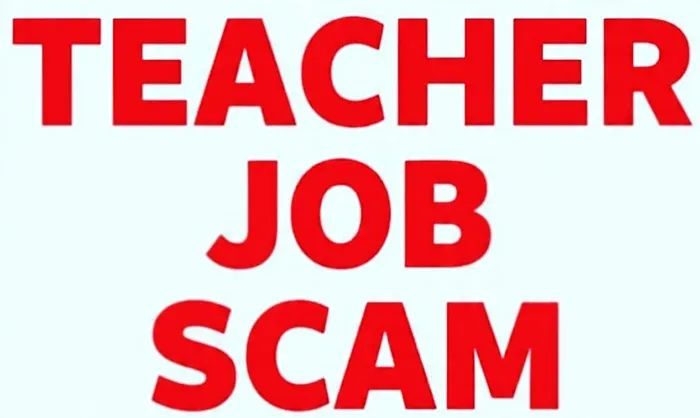Unemployed Verulam teachers fall victim to R30 000 job scam
Warning

The victims were asked for more money for registration.
Image: AI Meta
The KwaZulu-Natal Department of Education has issued a warning to unemployed teachers about the rising threat of job scams in the education sector.
This was after three unemployed teachers from Verulam fell victim to a fraudulent scheme, losing about R30 000 in total in their desperate search for employment.
Prem Balram, the head of Reaction Unit South Africa, said he received requests of assistance from unemployed educators, who claimed they were defrauded of substantial amounts of money with the promise of employment.
“The three complainants were teachers seeking employment in primary and secondary schools. They received WhatsApp messages from different individuals known in the teaching fraternity, with the name, profile picture, and status updates appearing genuine. The message indicated that a teaching post was available and a payment of R3 000 would secure the job,” said Balram.
He said after the initial payment, the perpetrator requested additional funds from the victims.
“The victims were asked for more money for registration, etc. Eventually, all the victims paid about R10 000 each, believing they would be employed by the KZN Department of Education.
“The victims noted that during WhatsApp conversations, the scammer had comprehensive knowledge of their qualifications, institutions attended, and degree completion dates.
"When the teachers, whose images appeared on their profiles on WhatsApp, were approached, they denied knowledge of the conversation or of receiving any funds. At that stage, the victims realised they had been scammed."
Balram said one of the victims opened a criminal case at the Verulam police station.
Muzi Mahlambi, the spokesperson for the KZN Department of Education, said they have “continuously” warned unemployed teachers against paying for posts.
“We always warn teachers about paying for jobs. They do not have to pay us to get the jobs. We are the ones who pay them when we have employed them and they are working,” he said.